Empower student success with academic mentorship. Build impactful, scalable programs that foster connection, growth, and long-term achievement.

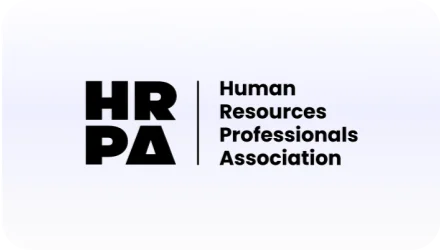






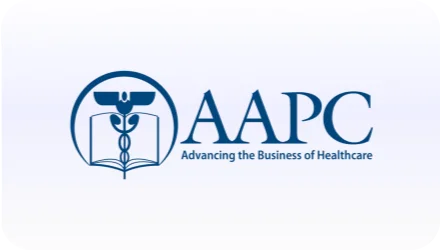
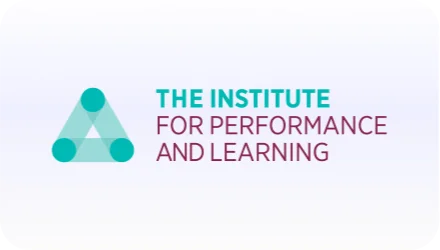




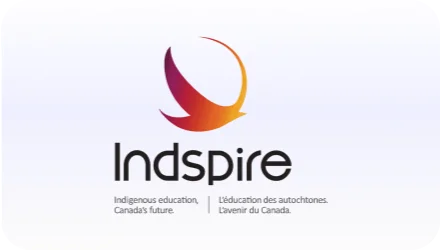

Transitioning into university life is one of the most pivotal and challenging phases in a student’s journey. Amidst orientation sessions, academic pressures, and social adjustments, students often find themselves seeking direction, support, and belonging.
This is where academic onboarding programs become a powerful tool. College transition mentoring bridges the gap between institutional processes and human connection, reducing new student stress levels and helping them feel welcomed with a greater sense of belonging and purpose.
When implemented effectively, mentorship fosters a sense of community, improves academic outcomes, and enhances overall student well-being.
Student and academic onboarding programs require a comprehensive software platform to support both mentors, mentees, and the academic institution in reaching individual and program goals.
MentorCity’s platform has a host of features that perfectly compliment the needs of academic institutions and provide scalable solutions that can easily adapt to changing program needs.
Mentorship should start with a clear framework, both for mentors and mentees. Providing training sessions and orientation modules helps mentors understand their role and empowers mentees to make the most of the relationship.
The program should facilitate goal setting early on, aligning mentorship outcomes with students’ academic, personal, and career aspirations.
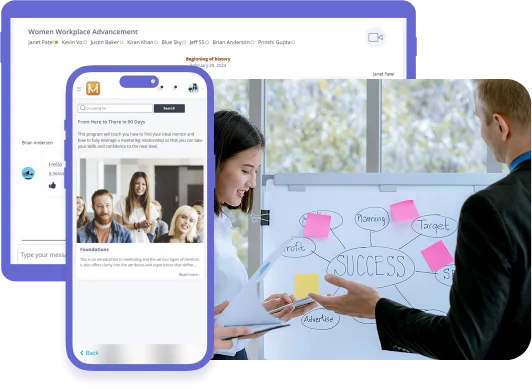
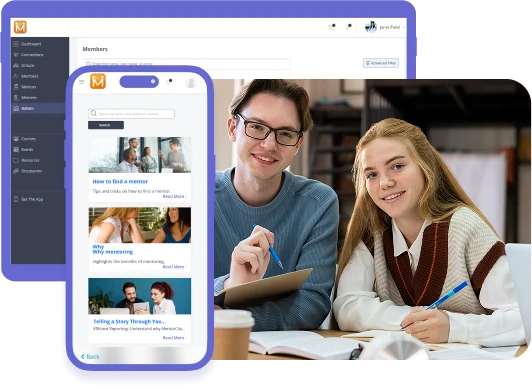
Effective mentorship begins with a good match.
MentorCity uses intelligent matching algorithms based on shared interests, academic paths, and personal values to pair students with mentors who can make the most significant impact.
Student life can get busy, making communication, scheduling, and connection difficult.
A successful program should eliminate friction in communication. Built-in messaging systems, scheduling features, and automated reminders help mentors and mentees stay in touch consistently.
Consistency is crucial for building trust and fostering deeper connections and conversations.
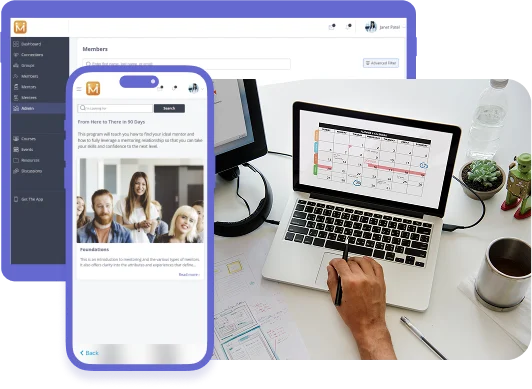
Mentorship is a journey. A great platform allows mentors to share resources, upload relevant documents, and help mentees track progress over time. These features turn abstract guidance into actionable steps and more meaningful insights.
A continuous feedback loop is essential in mentoring first-year students.
College and university administrators can improve student onboarding mentorship program design and outcomes by regularly evaluating mentor-mentee satisfaction and gathering insights on what’s working (or not).
MentorCity enables program administrators to monitor engagement and assess impact through built-in analytics and reporting.
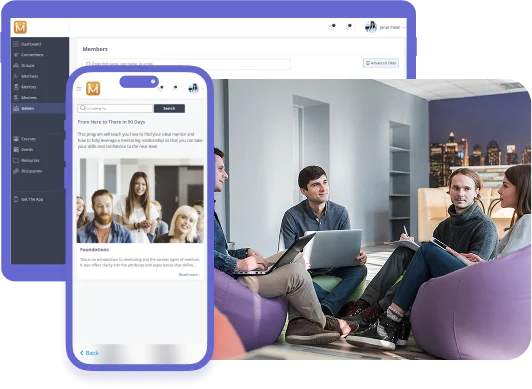
The shift from high school to university is more than just a change in location or coursework. It’s a shift in identity, responsibility, and environment.
First-year students often struggle with:
Navigating a new campus
–
Understanding academic expectations
–
Managing their time independently
–
Forming new friendships and networks
Mentorship provides students with a consistent point of contact, someone who has “been there” and understands the challenges firsthand.
Student mentorship programs and university orientation support can offer practical advice, moral support, and encouragement, easing the anxiety of starting fresh.
A structured student onboarding mentorship program welcomes students and reinforces that their presence and success matter.
This kind of personal, human connection can be a lifeline, especially for international students, first-generation learners, and those from underrepresented communities, who might otherwise feel lost in the crowd, isolated, or unsure of where to turn.

One of the most underestimated aspects of mentoring first-year students is the way it can strengthen peer relationships and create a culture of belonging.
New students often feel intimidated when reaching out to professors or navigating large lecture halls filled with unfamiliar faces. Mentorship offers a more approachable alternative.
Peer-to-peer mentorship especially helps bridge this gap. When senior students mentor incoming peers, it creates a sense of camaraderie and shared experience.
Mentees feel understood, while mentors gain leadership skills and a chance to give back to their campus community.

Academic onboarding programs provide a benefit that strengthens the broader campus culture and reinforces student involvement.
Peer programs can also be tailored to serve specific groups, such as first-generation students, Indigenous learners, or international students, ensuring equity and representation in both onboarding and campus life.
These tailored experiences further reduce many students’ isolation and cultural disconnect, increasing their commitment to their institution and education.

University can be a stressful time, and mental health challenges are increasingly common among students.
University orientation support can be a proactive and protective factor against these stressors by:
Mentorship helps normalize challenges. When mentors share their own experiences of failure, doubt, or adjustment, mentees realize that they are not alone. This normalizing effect can be incredibly comforting and motivating, especially during high-pressure periods like exams or finals.

Student onboarding mentorship can provide incoming students (and established mentors) with new perspectives and increase knowledge of available opportunities.
Many first-year students enter college or university with specific experiences and understanding of the world. Mentorship programs provide an opportunity not only to seek support during what is often a difficult transition, but they also provide exposure to perspectives that may otherwise have been overlooked.
Onboarding support can provide a more holistic picture of campus life, alerting students to opportunities and experiences they may have otherwise missed.
This big picture approach can further strengthen campus culture and student engagement.
Creating a mentorship program doesn’t have to feel daunting. With thoughtful planning and the right software platform and support systems, colleges and universities can build meaningful connections that grow and make a lasting impact.
Educational institutions can implement onboarding mentorship programs with the following steps:
Start by identifying what you want the mentorship program to achieve. Is it aimed at easing onboarding? Improving academic performance? Supporting specific student populations?
Defining goals allows you to align resources and measure success effectively.
Using a dedicated education platform like MentorCity simplifies administration, matchmaking, and monitoring. The platform's education-focused tools and flexibility make it easy to customize the program to your institution's unique needs.
A good mentor isn't simply a volunteer. They're also a trusted guide and a powerful role model. Invest in mentor training sessions that cover communication skills, confidentiality, cultural sensitivity, and boundary-setting.
Encourage students to participate through campus events, emails, social media, and orientation sessions. The more visible and accessible the program, the higher the participation and engagement rates will be.
Track engagement metrics, feedback, and outcomes using data tools provided by platforms like MentorCity. This allows you to continuously refine the program and demonstrate its value to stakeholders.
While mentorship plays a vital role during onboarding, its effects ripple far beyond the first year.
Long-term benefits include:
Students with mentors are more likely to feel connected to and grounded in their campus experiences. This means students are more likely to stay enrolled and graduate on time.
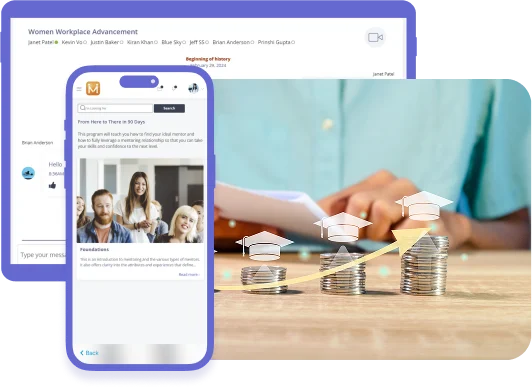
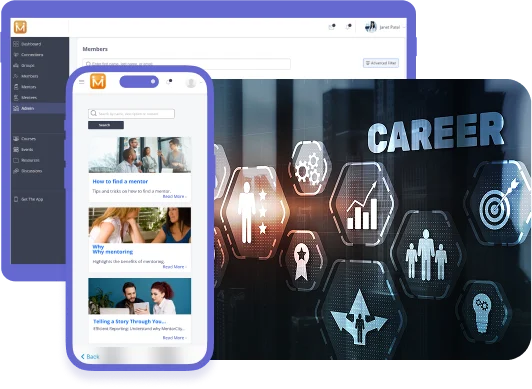
Mentorship exposes students to real-world insights, better preparing them for internships, co-ops, and jobs.
Mentorships help students develop a more receptive relationship to feedback, training, and support.
Mentorship often fosters a sense of belonging and loyalty, leading to more engaged and supportive alum networks.
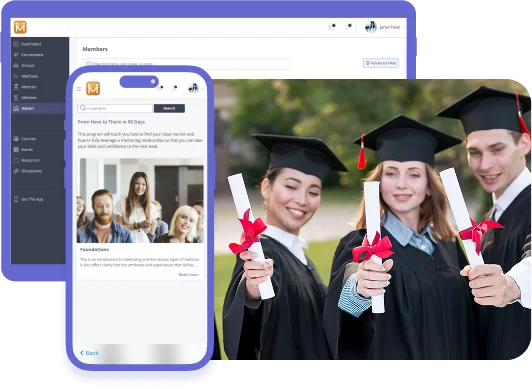
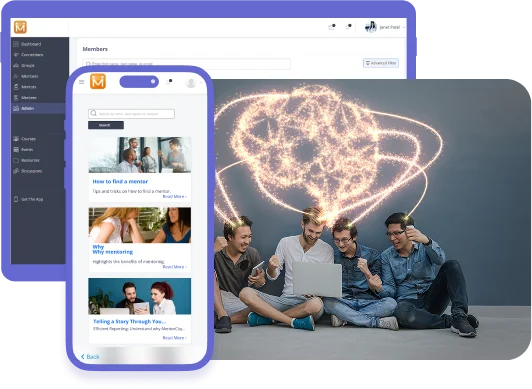
Many mentorships evolve into lasting professional relationships, providing long-term connections, guidance, and networking opportunities.
A well-designed mentorship program helps students build confidence, develop leadership skills, and cultivate a growth mindset, all of which are vital for academic, personal, and professional success.
Academic onboarding programs are vital in driving student success, campus culture, and strengthening long-term outcomes.
Higher education institutions compete to attract students, retain students, and improve learning outcomes. A program for mentoring first-year students can be a differentiator.
With a platform like MentorCity, colleges and universities can implement scalable, effective, and meaningful onboarding mentorship programs that support first-year students, boost academic engagement, and foster long-term growth.
Ready to take the next step?
Contact MentorCity today to learn how we can help your institution design and launch a custom onboarding mentorship program that meets your students’ needs from day one.
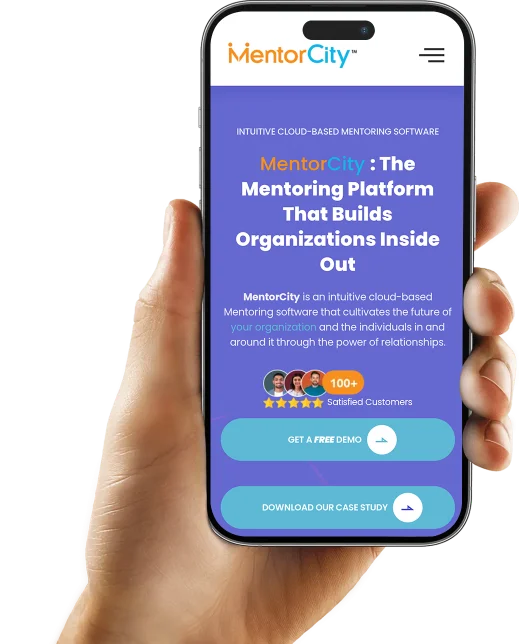
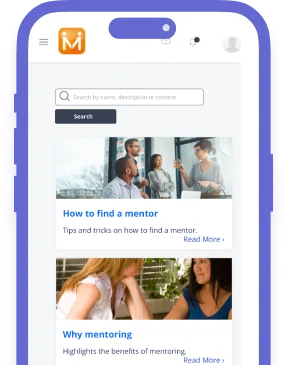
100+![]() Satisfied Customers
Satisfied Customers
4.7 out of 5 in customer reviews
from Capterra, GetApp




Book a Demo Today.
